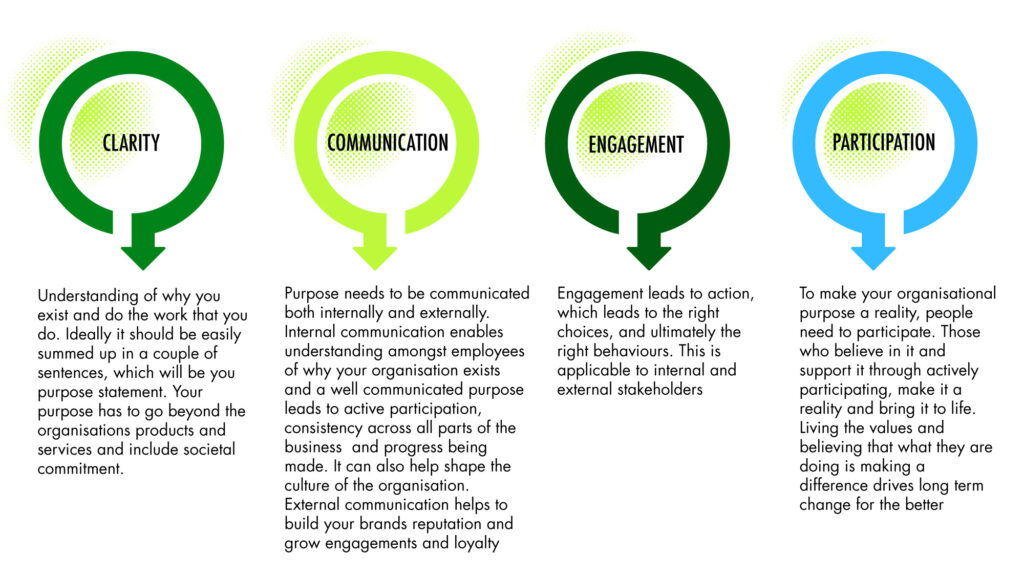Sustainability in the central heating industry, what is the future?
With COP27 kicking off yesterday, Monday 7th November 2022, and the energy transition on the agenda there seems to be a renewed urgency in trying to find innovative solutions to supplying our heating needs. This is in the form of delivering ,developing and deploying climate technologies critical for the worlds net-zero agenda (Heid, Linder and Patel, 2022). The role that Hydrogen plays in this agenda seems to be increasing and Heid, Linder and Patel (2022) suggest that production would have to increase sevenfold in order to hit net zero in 2050. There is also the complication of storage that would pose a bigger challenge with this required to increase by a factor of 400. The cost of this change in equipment and infrastructure to meet lower emissions is estimate at $6.5 trillion per year. This is no small change and as renewable technologies reduce in price this should be further catalyst to switch to these.
The solution needs to be green and with lots of sentiment against hydrogen from people who believe we are just opening another resource that we will become dependant on and the real issue is to reduce our consumption. In argument to this we have a dependance on natural gas in the UK for our central heating. With 23 million homes in the UK with a central heating boiler (HHIC, 2020) the reliance on this type of heating is not going to be easy. The Heat Pump supporters will suggest that this technology is the solution as it is generates no Green House Gas emissions (GHG) but until our electricity supply is fully from renewable supply this cannot be a claimed fact. Electrifying our central heating in the UK unfortunately means disruption and change to the current majority of homes, which at over 35% pre-1944 (HHIC, 2020) and with 15 million gas combi’s and rising this is going to be a real barrier for Heat Pumps as they require a separate hot water store. This really is the crux for sustainability that it also needs to be market applicable in the sense that people want to be involved and support it but just like governments and countries they are finding it difficult to commit. This is human nature in the fact that we feel we could be usurped by spending now and something comes along that makes us just feel, why where we the first to try it. The late great Christensen (2011) in the Innovators Dilemma suggests that when ‘faced with a sustaining technology change that gave existing customers something more and better in what they wanted the leading
other manufacturers or suppliers became disrupted. This is where the industry needs to give the consumer something ‘more and better ‘than the current solution.
Perhaps this is the future for sustainability in the heating industry that it needs to provide a clear communication of its intent to create more engagement and participation. Can Marketing Save the Planet (2022) provides some great frameworks to realise these goals below and putting the end user in the ‘Perceptual Mapping Tool’ starts to create a picture where they are willing to engage but the barriers to act are high.

Removing the barriers to act will increase the willingness to engage and sustainability will start to become adopted and rocket. There seems to be a shift to an understanding in the industry that the opportunity is huge, $12 trillion and 380 million jobs by 2030, Polman and Winston (2021) suggest, but the downsides are also huge, $160 trillion in climate related costs over the next thirty years. Just how the industry brings sustainability to its end users is still in debate but with collaboration and setting the agenda with the principles of innovation (Christensen, 2011) it will be possible and not that far away.

Sustainability in the central heating industry
Can marketing save the planet (2022) #sustainablemarketing : Models. Available at https://www.canmarketingsavetheplanet.com [Accessed online : November 2022]
Christensen,C. (2011) The Innovators Dilema. When new technologies cause great firms to fail. Boston : Harvard Business Review Press
HHIC (2020) Heating up to Net Zero.
Heid,B., Linder,M. And Patel, M. (2022) Mckinsey : Delivering the climate technologies needed for the net zero. Available at https://www.mckinsey.com/capabilities/ sustainability/our-insights/delivering-the-climate-technologies-needed-for-net-zero [Accessed online November 2022]
Polman, P. And Winston, A. (2021) Net Positive : How courageous companies thrive by giving more than they take. Boston : Harvard Business Review Press